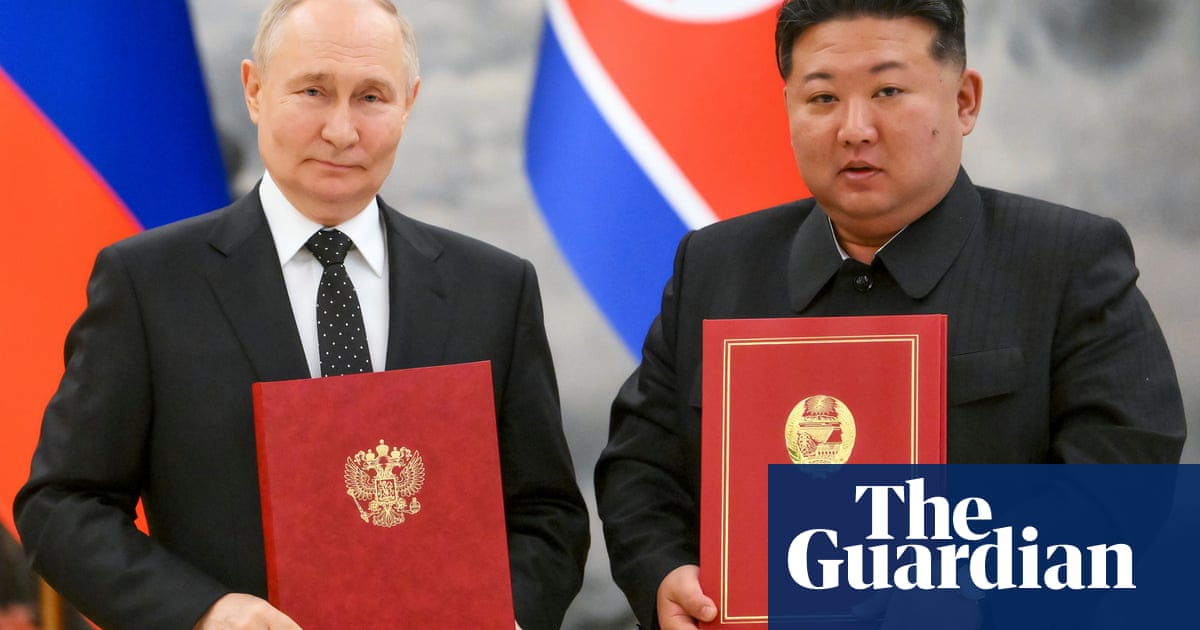Bangladesh's Attorney General, Md Asaduzzaman, argued that constitutional amendments should reflect democracy and avoid promoting authoritarianism.

Attorney General Md Asaduzzaman argued that Bangladesh’s 90 per cent Muslim population makes the term "secularism" unnecessary in Article 8. (Photo: AP)
The Attorney General of Bangladesh has called for significant revisions to the Constitution, suggesting the removal of the word "secular" as 90%of the country's population was Muslim. The Attorney General, Md Asaduzzaman, presented his arguments during a court hearing on the legality of the 15th Amendment before Justices Farah Mahbub and Debashish Roy Chowdhury.
"Earlier, there was constant trust and faith in Allah. I want it the way it was before. It is said in Article 2A that the state shall ensure equal rights and equality in the practice of all religions. Article 9 talks about 'Bengali nationalism'. It is contradictory," he said.
The Attorney General argued that constitutional amendments should reflect democracy and avoid promoting authoritarianism.
He also objected to Articles 7A and 7B, which prohibit any amendments or changes that could "subvert democracy", claiming that these undermine democracy by restricting reforms and consolidating political power.
"It is done to prolong the dictatorship for ulterior motives. It is antithetical to the rule of law," Asaduzzaman said.
Asaduzzaman also condemned the removal of the caretaker government system, previously used to oversee elections. According to him, eliminating the caretaker system has limited the fundamental rights of Bangladeshi citizens, eroded public trust, and weakened the country's democratic foundation.
Calling for the cancellation of the 15th amendment, Asaduzzaman argued that it disrupts the legacy of Bangladesh's independence and contradicts the "spirit of the Liberation War" as well as the democratic uprisings of the 1990s.
He added that many of the amendments, including labelling Sheikh Mujibur Rahman as the "Father of the Nation", divide the nation and restrict freedom of speech. "Honouring the contributions of Sheikh Mujib is vital," he said, "but enforcing it by law creates division".
Asaduzzaman called for constitutional reforms to align with the values of democracy, the Liberation War, and national unity, urging the court to consider the unconstitutionality of the 15th Amendment.
Published By:
Vadapalli Nithin Kumar
Published On:
Nov 14, 2024

 1 week ago
1 week ago



















